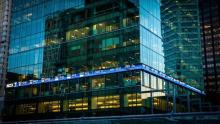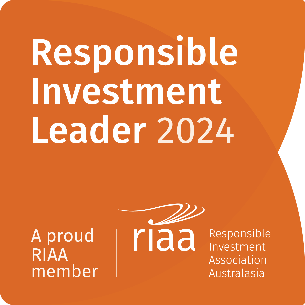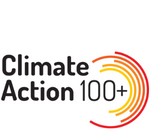Continuous Disclosure: Why the market has bounced back despite economic fallout still to come

1 May 2020
Please see below a quote from Mark Brown, one of our Portfolio Managers here at Devon Funds. Ful article by Tamsyn Parker of NZ Herald.
Sharemarket watchers are scratching their heads over the disconnect between the real economy and the recent bounce in share prices.
Economists are predicting the worst is yet to come, with New Zealand's unemployment level expected to rise to 9 or 10 per cent from record lows of 4 per cent, and business failures aplenty.
But the NZX/S&P50 is now just under 8 per cent down from where it started trading in January, around the same point it was in September/October last year.
After losing 14.8 per cent in the March quarter the market has bounced back strongly since its March 23 low point - hit just before New Zealand entered its strict level 4 lockdown.
In the US, The S&P500 likewise is now down less than 10 per cent since the start of the year and has also been on a strong rally since March 23.
Mark Brown, chief investment officer at Devon Funds Management, says it's a real conundrum.
"We are looking post Covid-19 and globally it is a very different economic climate, yet the market is back to levels seen in October last year."
Central banks lowering cash rates and "printing money" through quantitative easing is being seen as a backstop for the market. Brown said another reason was the lack of alternatives for investors looking for a return on their money.
"If you think of cash rates globally, there is just no attraction, at the end of the day people need a return of some form."
The problem is that company earnings forecasts are likely to be out of date or unknown in many cases, and dividend payouts are likely to be cut or suspended.
"There is a great level of uncertainty. But for certain, I think the trajectory for earnings and dividends has to be lower."
TAKING FLIGHT
One stock which has really surprised on the upside has been Air New Zealand, jumping from an 80c low to $1.305 (at Wednesday's close), putting it on track to be the best performer this month in the NZX50.
That's despite no confirmation yet on when the wider public will be allowed to travel domestically again, nor when international markets will open again.
Market players point to a lot of small trades in the stock, and say retail investors appear to be having a punt on it.
Apart from the lack of potential for revenue, also weighing on Air New Zealand is a $900 million loan to Government which it must pay back. Investors face the risk that it could be converted to equity in the future, diluting any shareholding outside of the Government's stake.
New chief executive Greg Foran is said to be handling the challenging situation at the airline well, but one can only imagine he is looking back wistfully at the share price of his former employer Walmart, which was trading at US$118 a share before the Covid-19 crisis and has since hit an all-time high of US$125.
CAPITAL RAISING
With markets on the rise again, investment bankers will be sure to encourage companies thinking of a capital raising to seize the moment.
Names that are being talked about as potential contenders for capital raising include SkyCity, Z Energy, Fletcher Building, Metro Glass and Steel & Tube.
Casino operator SkyCity remains largely closed, which means it will be burning through cash quickly although it does have a good stockpile.
One analyst suggested this week that the company may be more likely to turn to its bankers for help rather than raising new equity.
While Z Energy has been operating as an essential service, its revenue has been very low, with most Kiwis ordered to stay home and aviation fuel demand greatly decreased.
Investors will be keen to know how much fuel revenue will pick up under level 3 as people potentially fill their tanks for the first time in five weeks. level 3.





